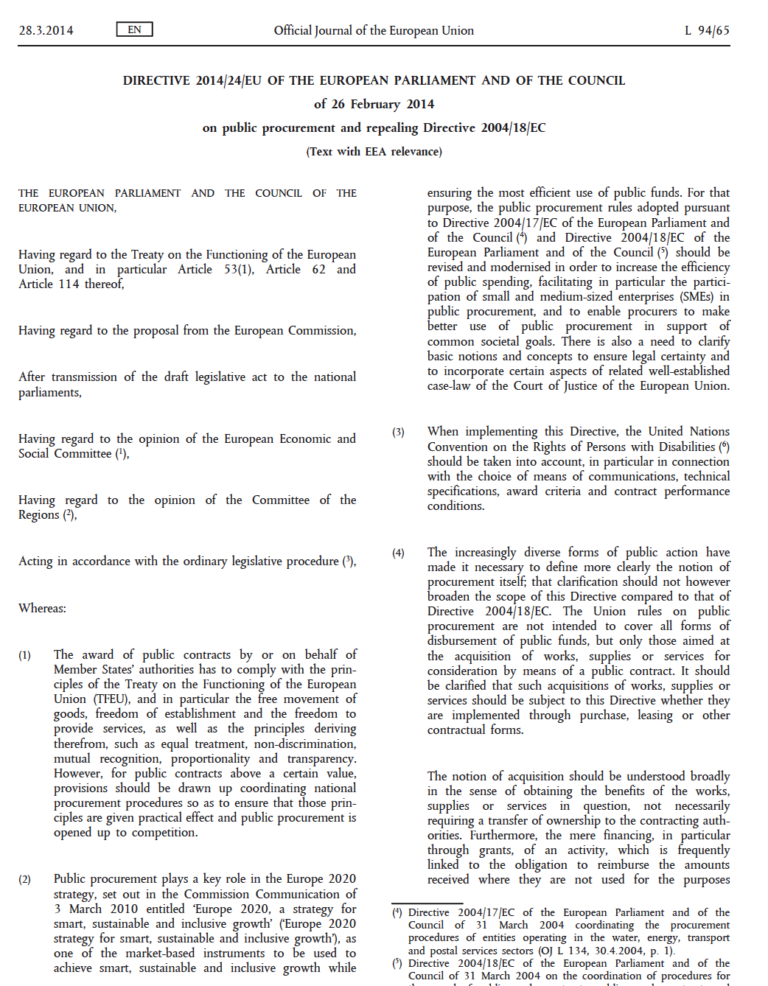Independent Anti-Slavery Commissioner Annual Report 2020-2021
GuidanceLegislationPublicationsIn March 2020 Delta 8.7 published an article which argued that the pandemic would impact on modern slavery in at least three ways: by heightening risks for those already exploited, increasing he risks of exploitation and disrupting response efforts....Read More

